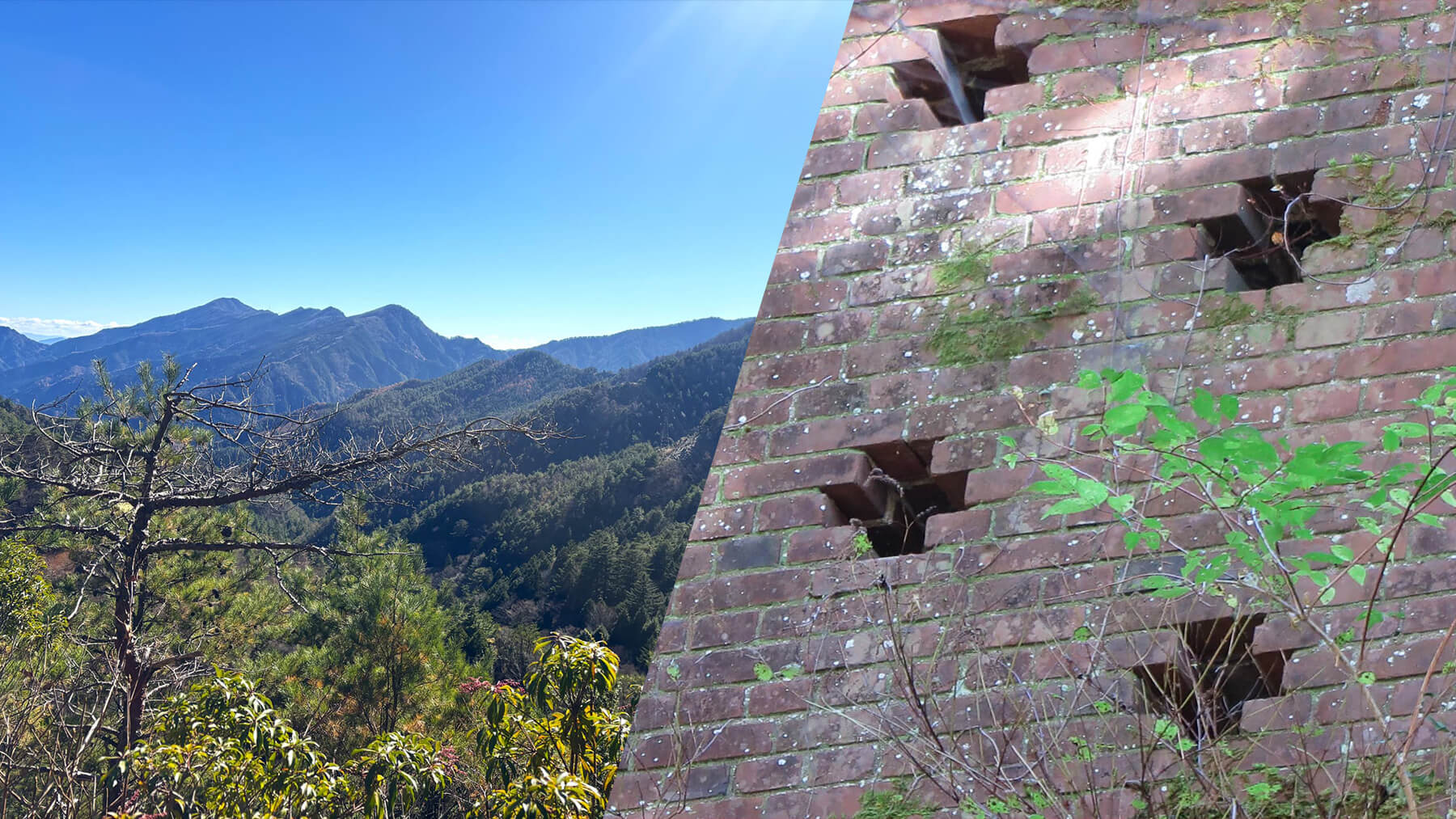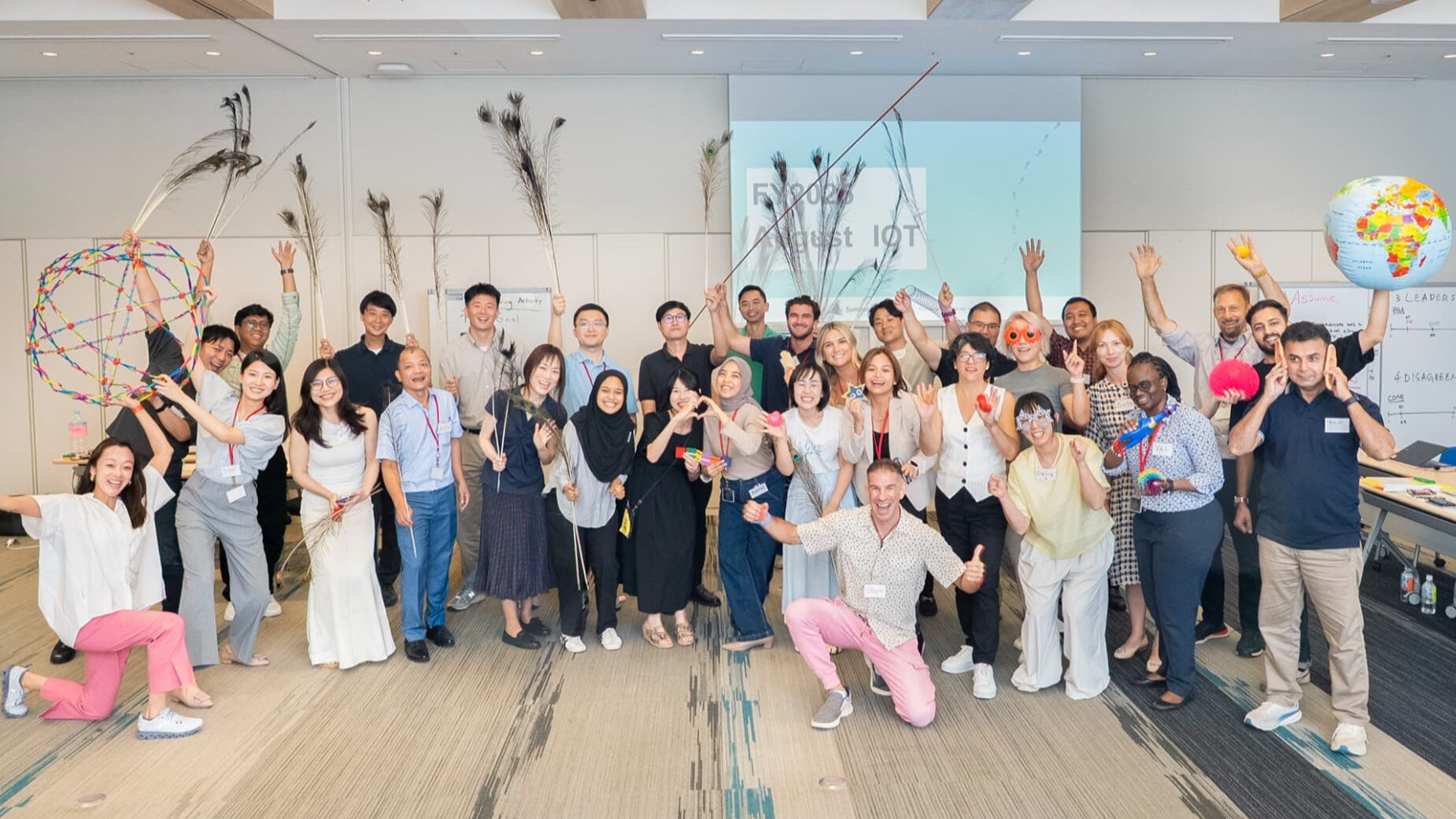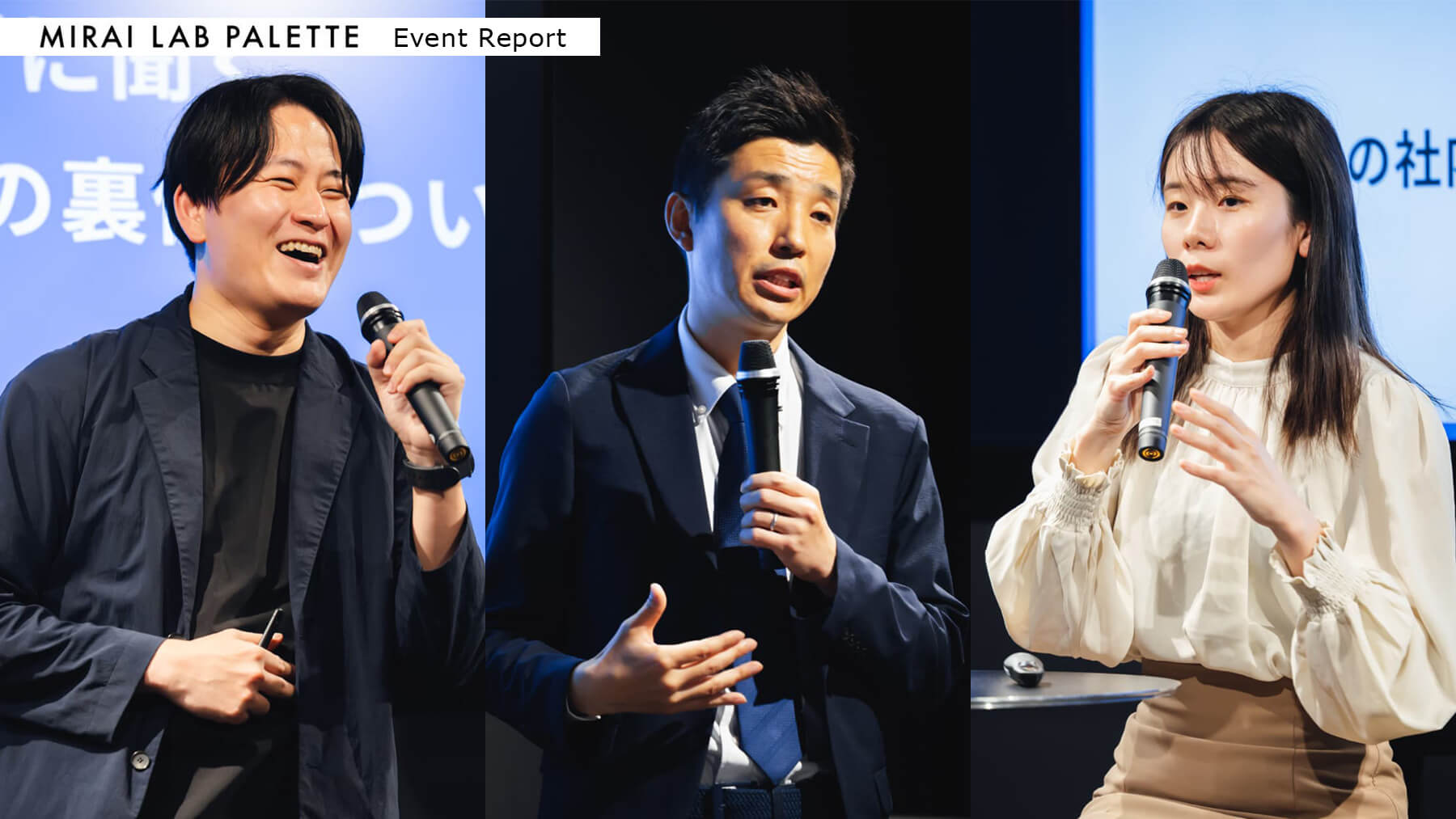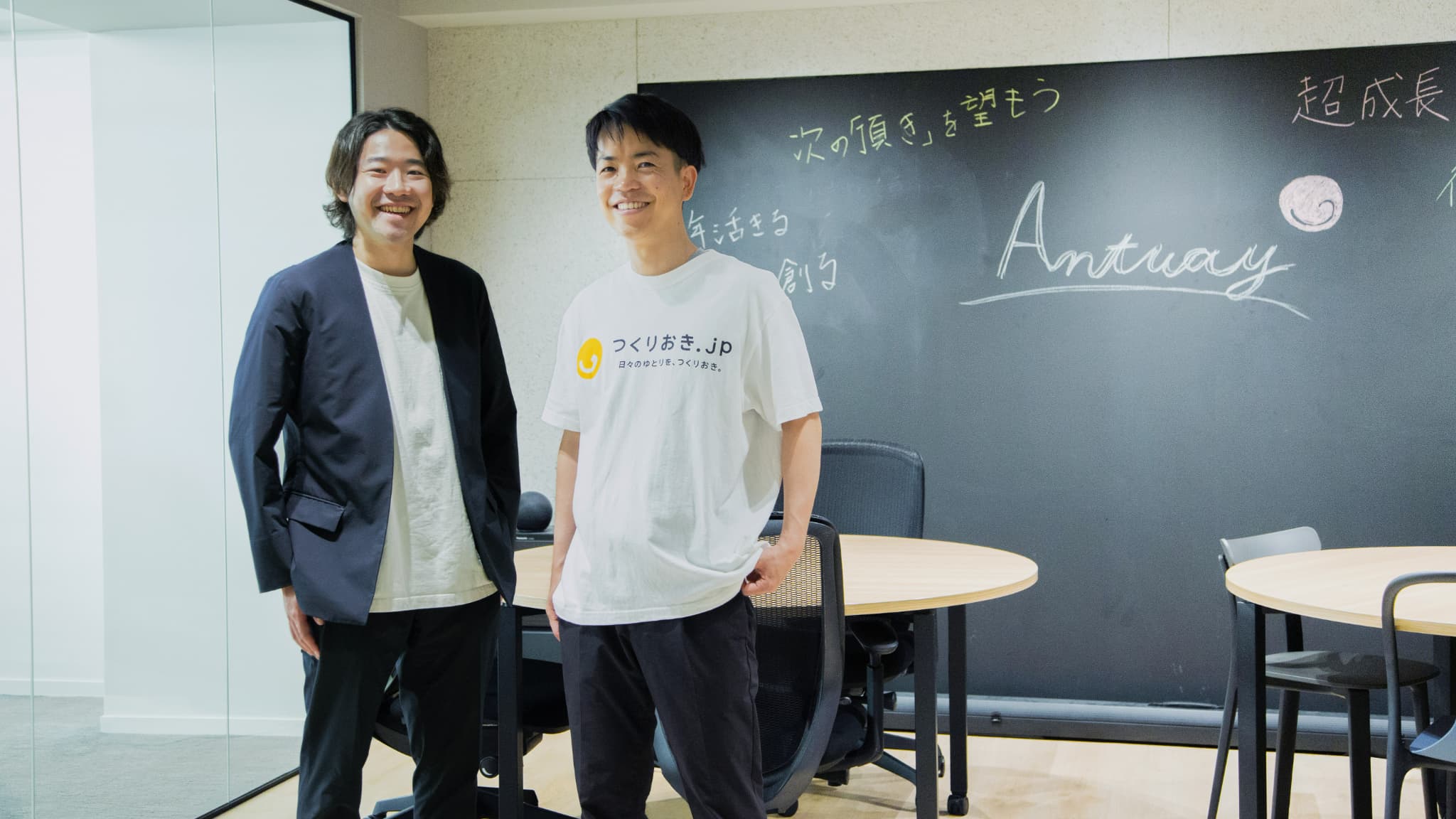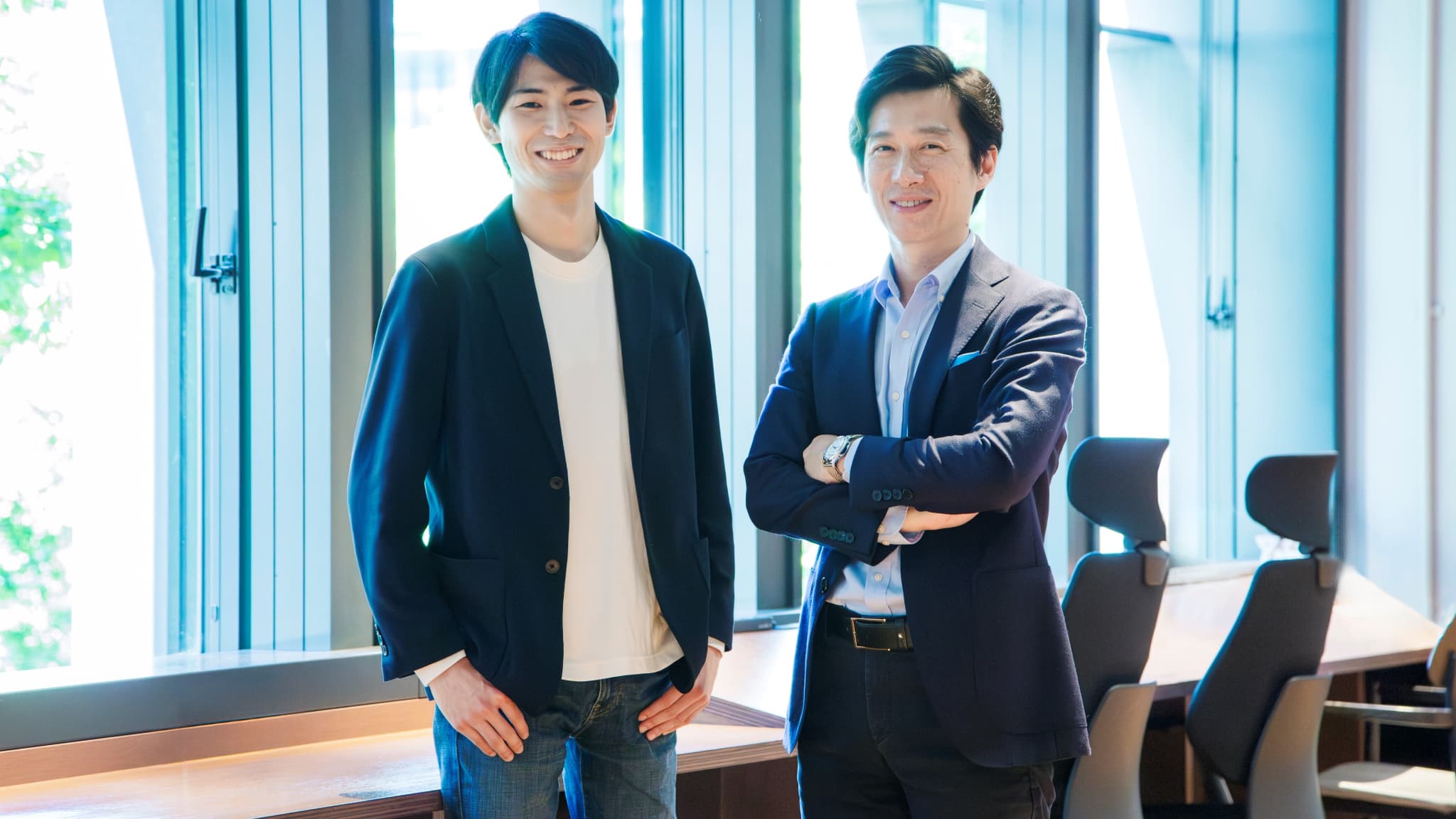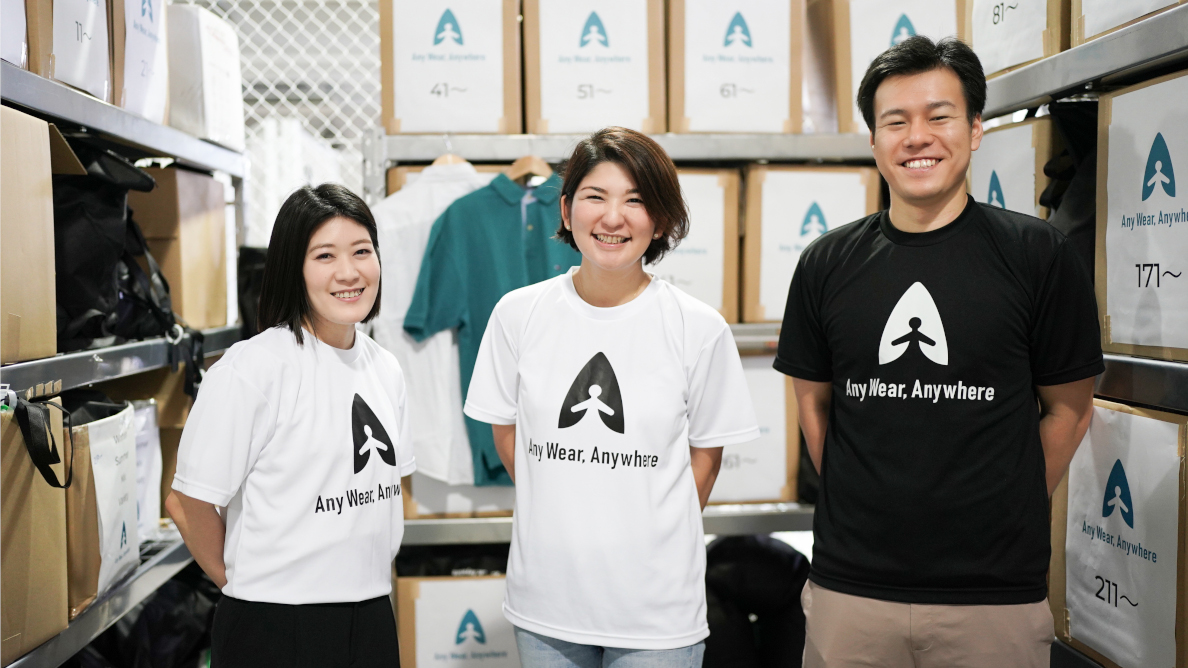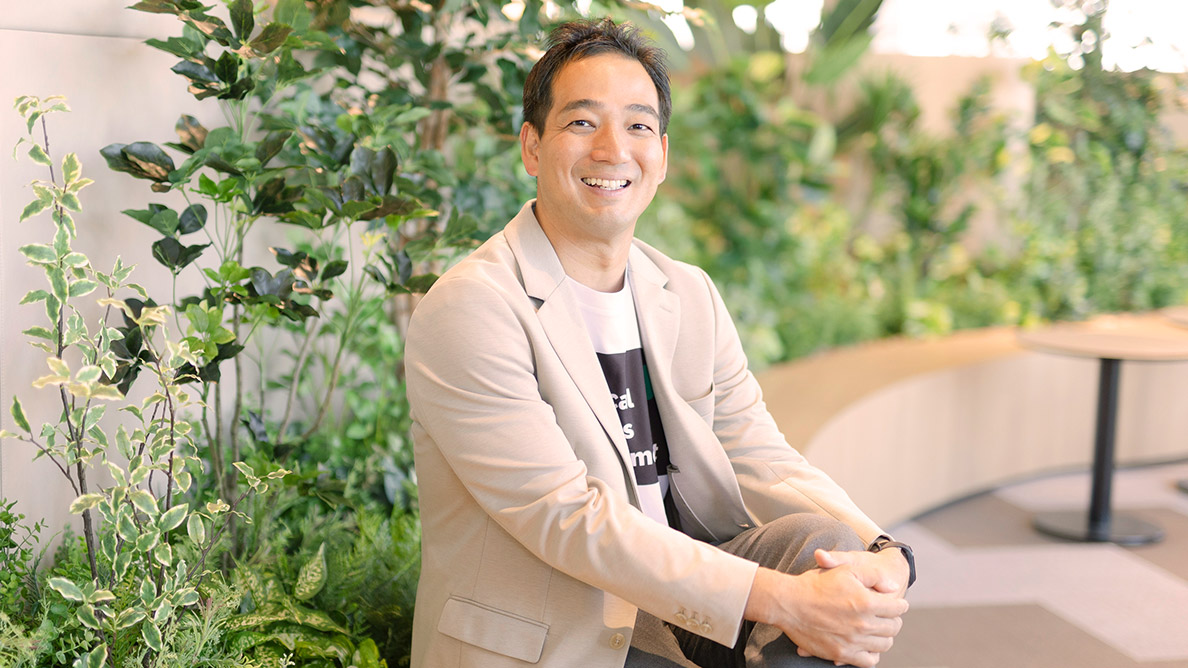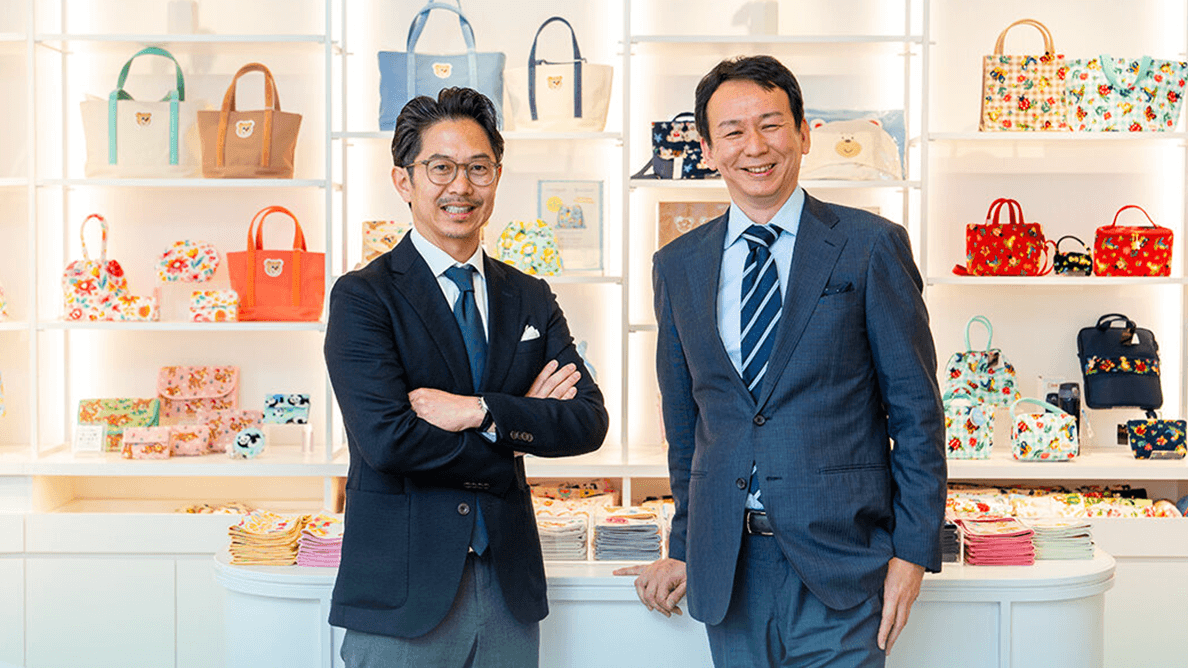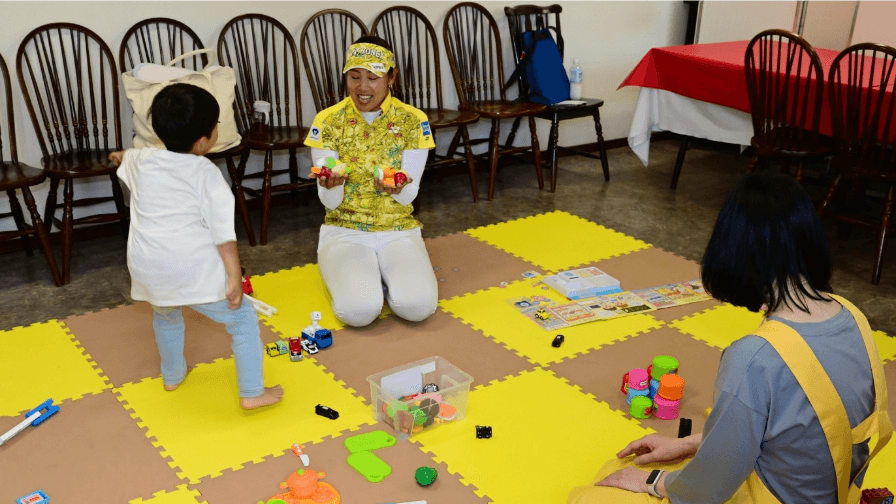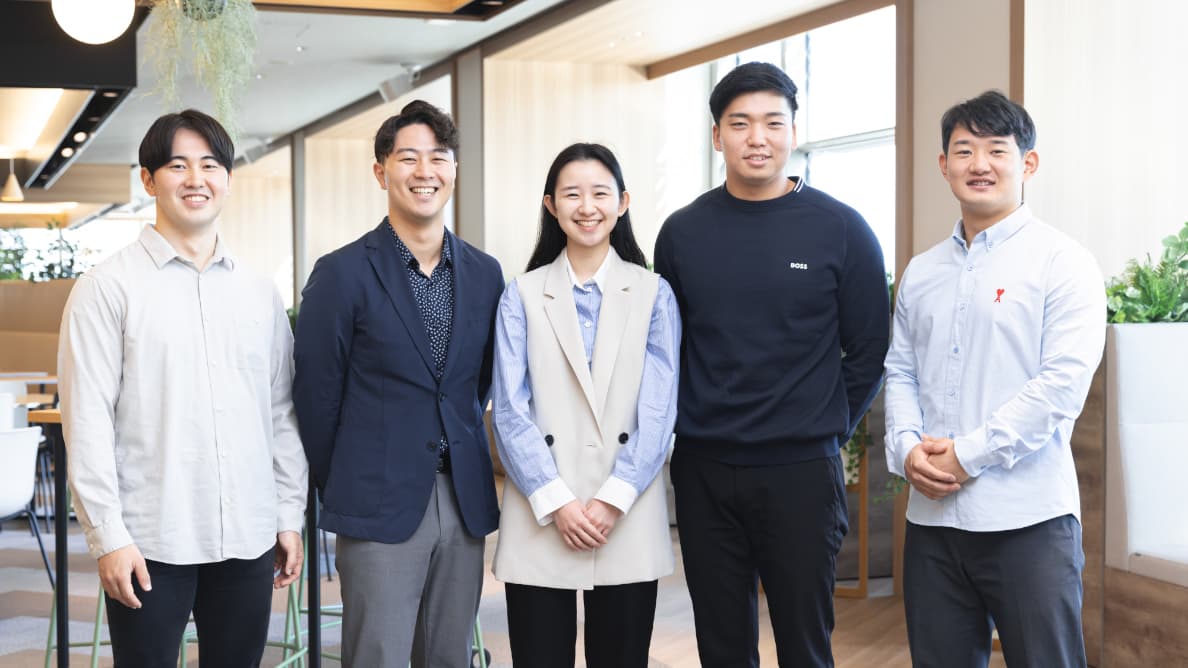
- TOP
- Enriching+TOP
- The Power of a Sumitomo Corporation Professional Turning Ideas Into Reality – Japan's Young Lions Representative Shows Her Strength
2025.10.7
Culture
The Power of a Sumitomo Corporation Professional Turning Ideas Into Reality – Japan's Young Lions Representative Shows Her Strength
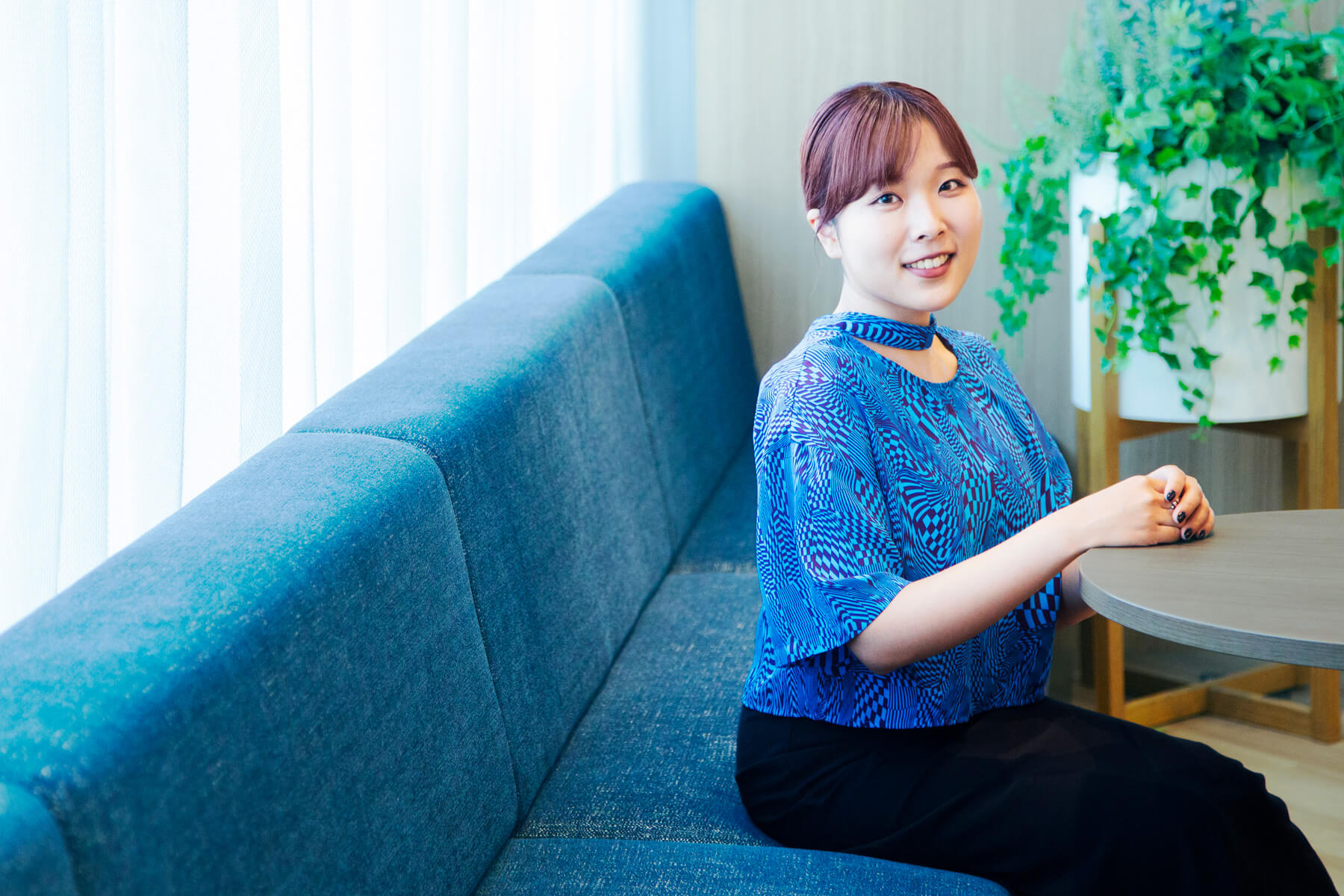
At the "Young Lions Competitions" held at the world's largest advertising festival, Cannes Lions, Mae Yoichi of Sumitomo Corporation became the first employee of an integrated trading and business investment company to be chosen as a Japan representative. In an arena generally dominated by advertising industry creatives, what led a "Sumitomo Corporation professional" to stand on the world stage? At the heart of it all is a consistent desire to "turn ideas into reality." Looking back on her Young Lions Competitions challenge, today we explore Mae Yoichi's strengths as a Sumitomo Corporation professional.
【What are the Young Lions Competitions?】
The Cannes Lions International Festival of Creativity (commonly known as Cannes Lions), held annually in Cannes, France since 1954, is the world's largest advertising, marketing and creative festival, spanning 30 categories from film, digital, PR and media to design.
The Young Lions Competitions are an official program for participants aged 30 or younger. Teams of two who pass national preliminaries represent their country and have 24 hours to develop a creative solution to a set brief. In 2025, Mae Yoichi teamed up with Daiki Okada (then of ADK Marketing Solutions) in the Digital category. They won Gold in the domestic competition, earning their ticket to the global finals in Cannes.
-
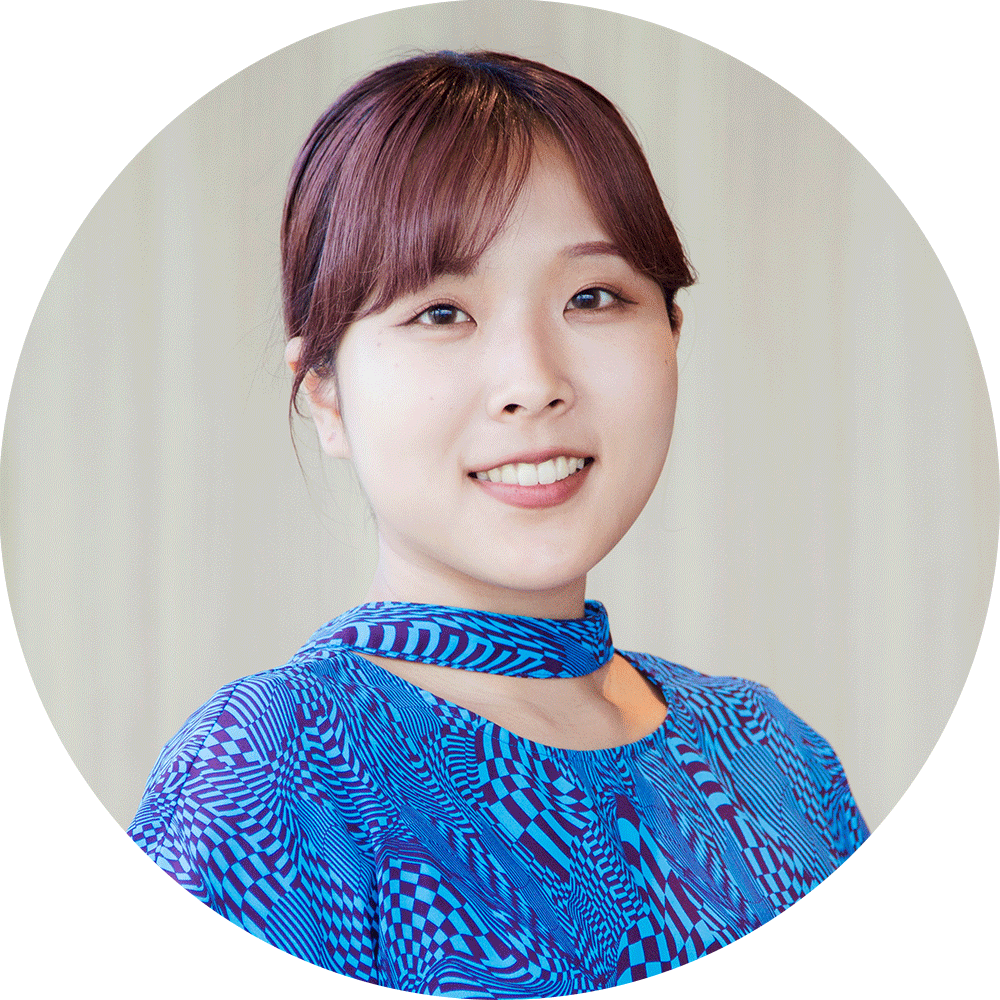
Strategy Planning Team, Media & Digital Group CFO Office
Mae Yoichi
Yoichi joined Sumitomo Corporation in 2021. With extensive experience across the media and digital sectors – from leading a contemporary art startup to expanding Japanese IP content*1, including anime, internationally – she now works in the Media & Digital Group CFO Office, overseeing group planning and strategy. Selected as Japan's Young Lions representative in the Digital category in 2025, she is the first active integrated trading and business investment company employee to compete in the global finals.
*1 IP content: Original creations protected by intellectual property rights, such as anime, games, manga and their characters.

- "Turning Ideas Into Reality" Since Her High School Days
- Coming Up With A Win-Win Idea for Solving Social Issues in 24 Hours
- Learning the Power of a "One-Line Idea"
- Deciphering Unwritten Rules, Connecting with People: Sumitomo Corporation Professional Strengths Demonstrated on the World Stage
- "The Will to Challenge" is Already a Talent
"Turning Ideas Into Reality" Since Her High School Days
You've been interested in creative activities from a young age. What led you to join Sumitomo Corporation?
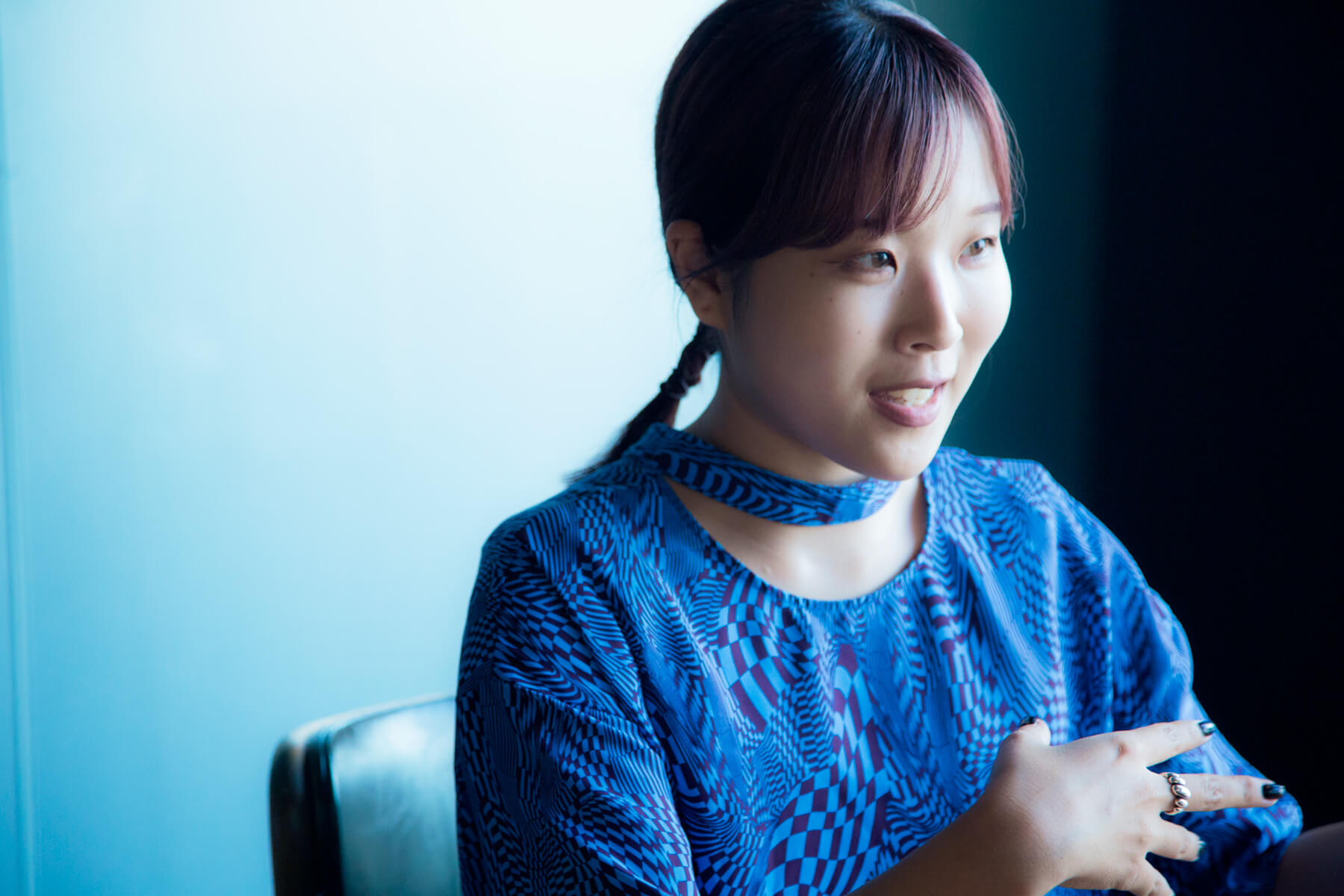
Ever since high school, my career goal has been to bring ideas to life through the power of people. The turning point was building a stage for our school festival. Coming up with an idea was easy, but actually getting school approval, conducting safety tests, budgeting and gathering people was far more challenging.
During my job search, I also applied to consulting firms with creative divisions and to advertising agency creative departments. I ended up joining Sumitomo Corporation because the "design-based" recruitment process*2 the company was using at the time evaluated my creativity. During my placement interview, HR said something that stayed with me: "Trading company business is about creating something with substance." That convinced me I could pursue creative activities as part of the company's business, and I remember thinking that this was where I could make my dreams a reality.
*2 Design-based recruitment process: An evaluation process used in the 2020–2022 new graduate recruitment drive in which candidates’ creativity and idea-generation skills were assessed through new business planning exercises and group work.
Coming Up With A Win-Win Idea for Solving Social Issues in 24 Hours
Why did you decide to take on the Young Lions Competitions?
Because my work involves media, entertainment content and digital marketing, it felt like a great learning opportunity. I was also interested in global insights and consumer communication.
At integrated trading and business investment companies, business is basically a team sport, and you can't always control when you'll come up to bat. I was looking for a stage to express my own spirit of challenge – and perhaps also feeling the "passing of my twenties."
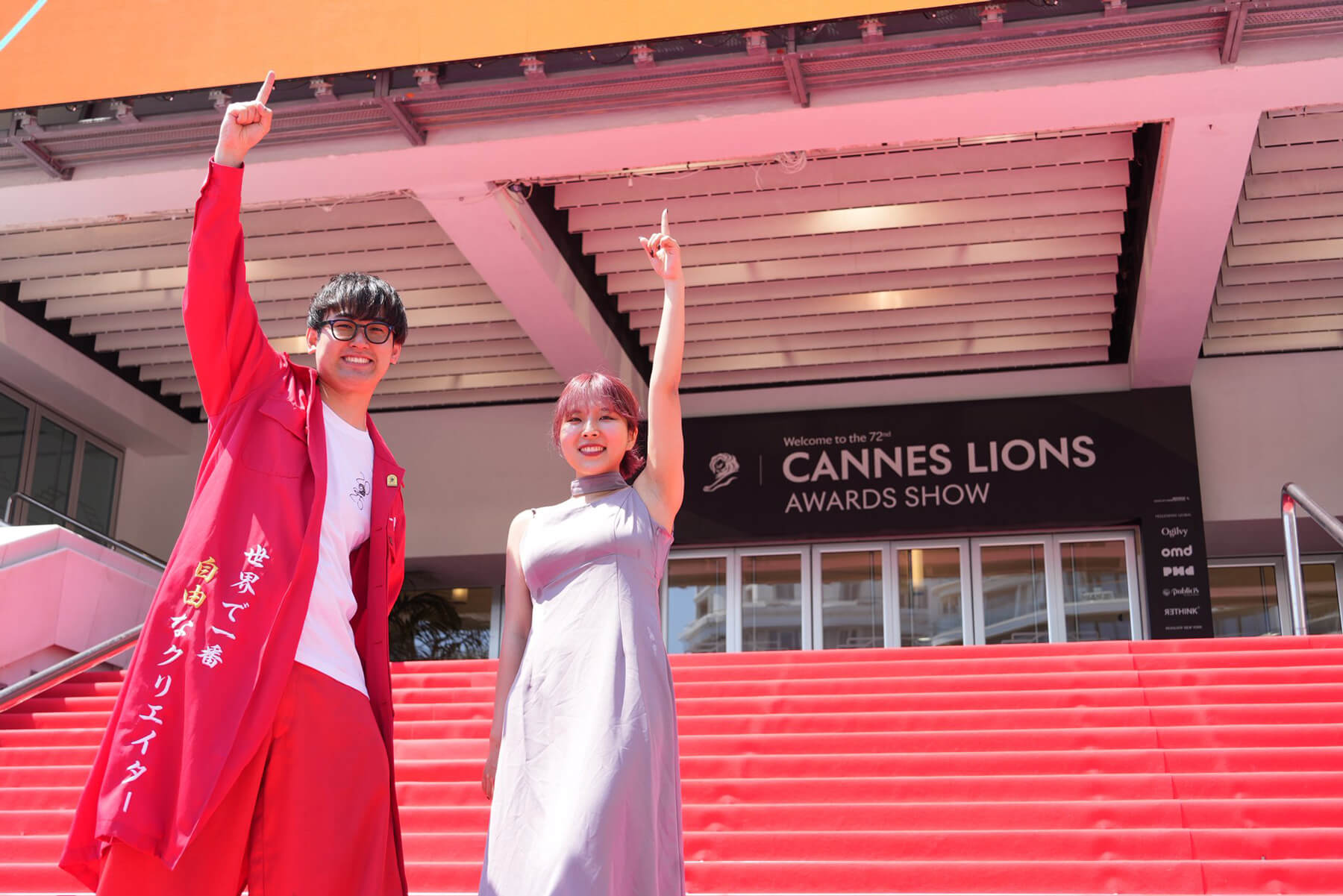
How did you spend the six months between the domestic competition, which you passed with flying colors, and the finals?
We practiced intensively, especially in the last month before Cannes Lions. Of course, I kept up with my day job, but every evening and weekend went into preparation. Because the Digital category combines digital media platforms, entertainment and technology, I also researched overseas services to come up with ideas.
For the domestic competition I didn't use our company name and entered purely as an individual. But once I was chosen as Japan representative and started getting featured in the media, I decided to "go all the way" – I reported it to the company and mentioned my affiliation with Sumitomo Corporation.
Sumitomo Corporation's Lifestyle Group has been sending employees to observe Cannes Lions since 2023, and support from across the organization – especially from past delegation members – was a huge encouragement.
The finals were a 24-hour sprint. How did you tackle it?
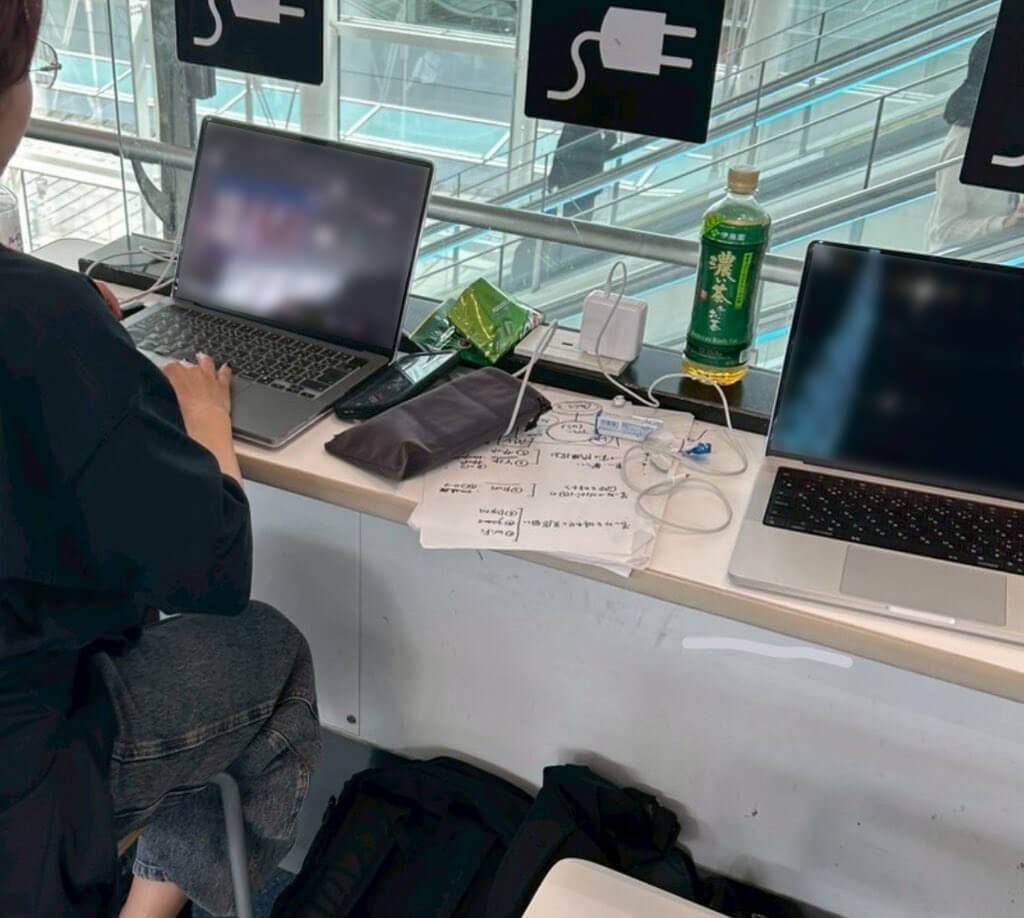
My teammate Okada and I approached the challenge by dividing roles from the moment the brief was announced through to the presentation. I was mainly in charge of understanding the brief, digging deeper into it and determining the axis of evaluation, while Okada focused on generating ideas through individual brainstorming. Then I shortlisted and ranked the ideas, and together we decided and refined the final proposal.
What kind of creative concept did you go with in the end?
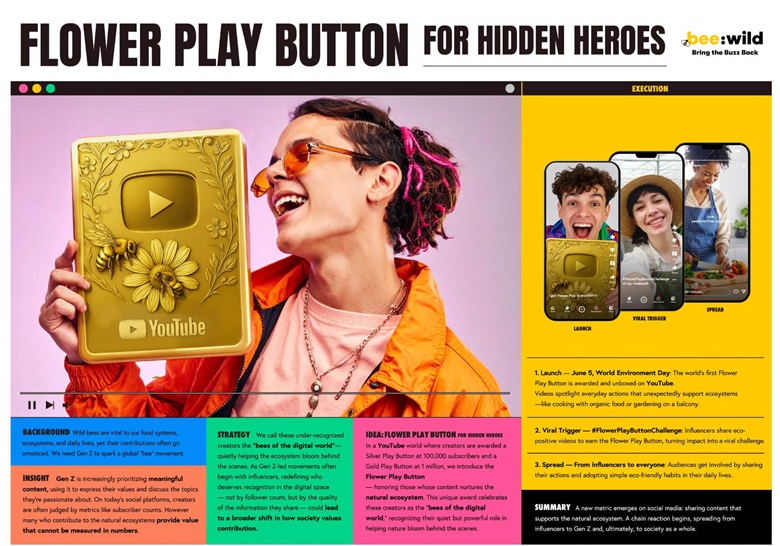
The assignment was to create a digital campaign to make wild bees better known among Generation Z. In Cannes, the clients are real organizations; this time it was a biodiversity group co-founded by Leonardo DiCaprio that promotes bee conservation and greening.
We focused on the little-known but vital role bees play in maintaining the ecosystem. Our idea was called "Flower Play Button for Hidden Heroes."
On YouTube, creators who reach a certain number of subscribers receive a "Play Button" trophy (in the shape of a play button). It's a kind of game rule for the platform – a focal point for videos, viewers and enthusiasm.
Our Japanese team’s idea was to "piggyback on" the rules and create excitement. Rather than focusing on the number of subscribers, we designed a campaign that highlighted the quality of videos – how enjoyably and naturally creators protect the environment – and recognized participating YouTubers as "Bees" in a striking, memorable way. By centering on this new evaluation metric, we engaged people positively and in a win–win manner, ultimately driving both awareness and behavioral change.
Learning the Power of a "One-Line Idea"
What was your biggest takeaway from Cannes Lions?
I realized that the strongest ideas for reaching and involving many people are those you can express "in a single line." On a global stage, regardless of background, people have to understand instantly – that's everything.
I also learned that ideas with "empathy" or "surprise" can, in themselves, create major impact. Careful planning is important, but the gravitational pull of a strong concept matters even more – especially in B2C fields or when addressing other industries.
We were disappointed not to make it onto a shortlist, but it was an invaluable experience encountering so many different values and perspectives.
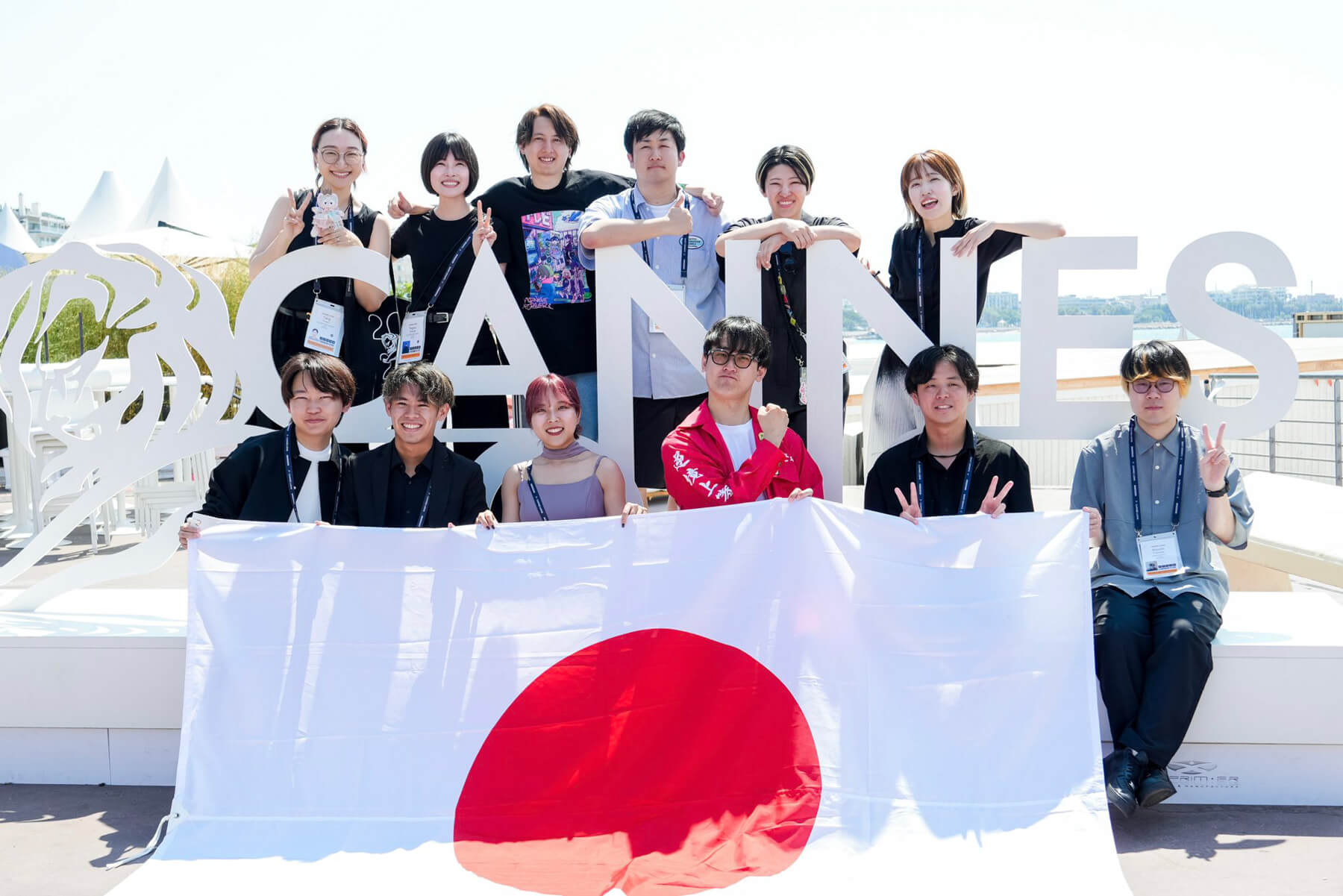
What impressions did you have of the other countries' teams?
Their presentation skills were out of the park. People would go on stage without preparation and speak confidently – I honestly thought, "We can't match that." The strongest teams – like the UK, Australia and Canada, which won multiple awards – combined humor with overall quality.
Everyone was genuinely committed to addressing social issues, and there was a shared desire to "change the world through the power of creativity." Experiencing that level of passion firsthand was incredibly inspiring.
How did your experience at Sumitomo Corporation contribute to this challenge?
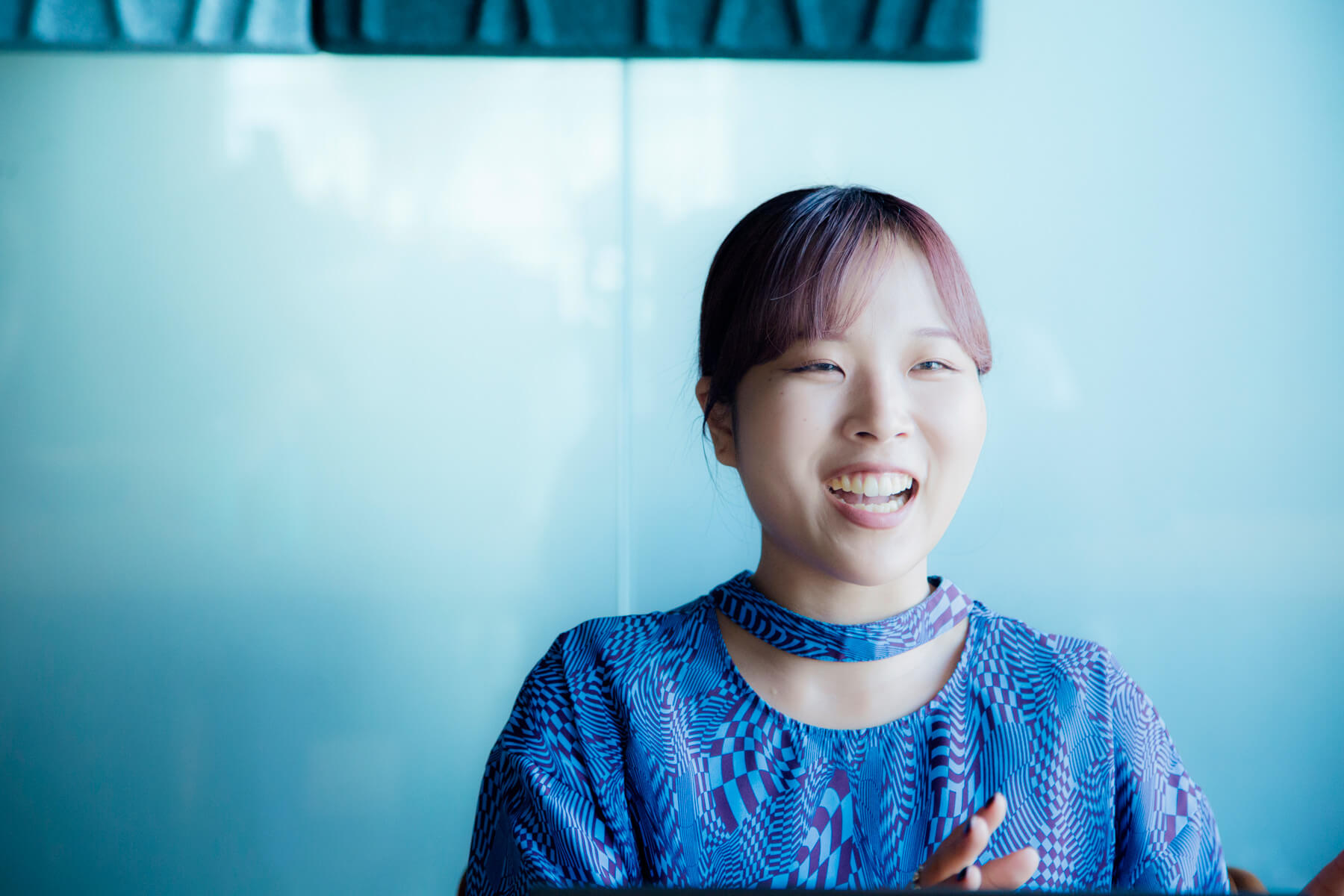
My work experience at Sumitomo Corporation was a major asset in taking on this challenge. In particular, being in an environment where even younger employees can grasp the big picture of management and the industry as a whole became a real strength. The perspective I usually keep in mind – what I call "the dual wheels of creativity and business" – was something that executives in the creative industry were genuinely interested in and attentive to, which was an invaluable experience. It also allowed me to deliver a persuasive presentation that went beyond simply proposing an idea. This meant incorporating feasibility and benefits for stakeholders – a skill I developed thanks to managerial perspective gained at Sumitomo Corporation.
Our company, in particular, has multiple decades of solid business foundation in the media and entertainment sector, creating an environment where one can take on challenges that leverage synergies with existing businesses. From my first year, I was involved in managing a startup, then launching a project with a TV network and working on global expansion for anime, gaining a wide range of experience.
Beyond my own work, observing senior colleagues taking the lead in launching new businesses or making management decisions for investee companies from an early stage was also a tremendous learning opportunity. Experiencing domestic and international operations while being involved in capital policy and management strategy reaffirmed for me one of the great appeals of working at an integrated trading and business investment company. I honestly think opportunities like this are rare elsewhere.
Deciphering Unwritten Rules, Connecting with People: Sumitomo Corporation Professional Strengths Demonstrated on the World Stage
Were there moments during the preliminaries and finals where you felt the unique strengths of Sumitomo Corporation professionals really came through?
I believe our analytical and structural thinking abilities were undoubtedly put to good use. To understand Cannes Lions' evaluation criteria, I analyzed past winners to find common elements and figure out why they were valued. The ability to navigate the rules of an "unknown game" without an instruction manual is exactly like business. In other words, it’s the ability to understand unwritten rules in society and map out a winning strategy.
Another strength was action. To gather information that would help us interpret these unwritten rules, I reached out to past domestic preliminary judges and participants and spent hours listening and learning from them.
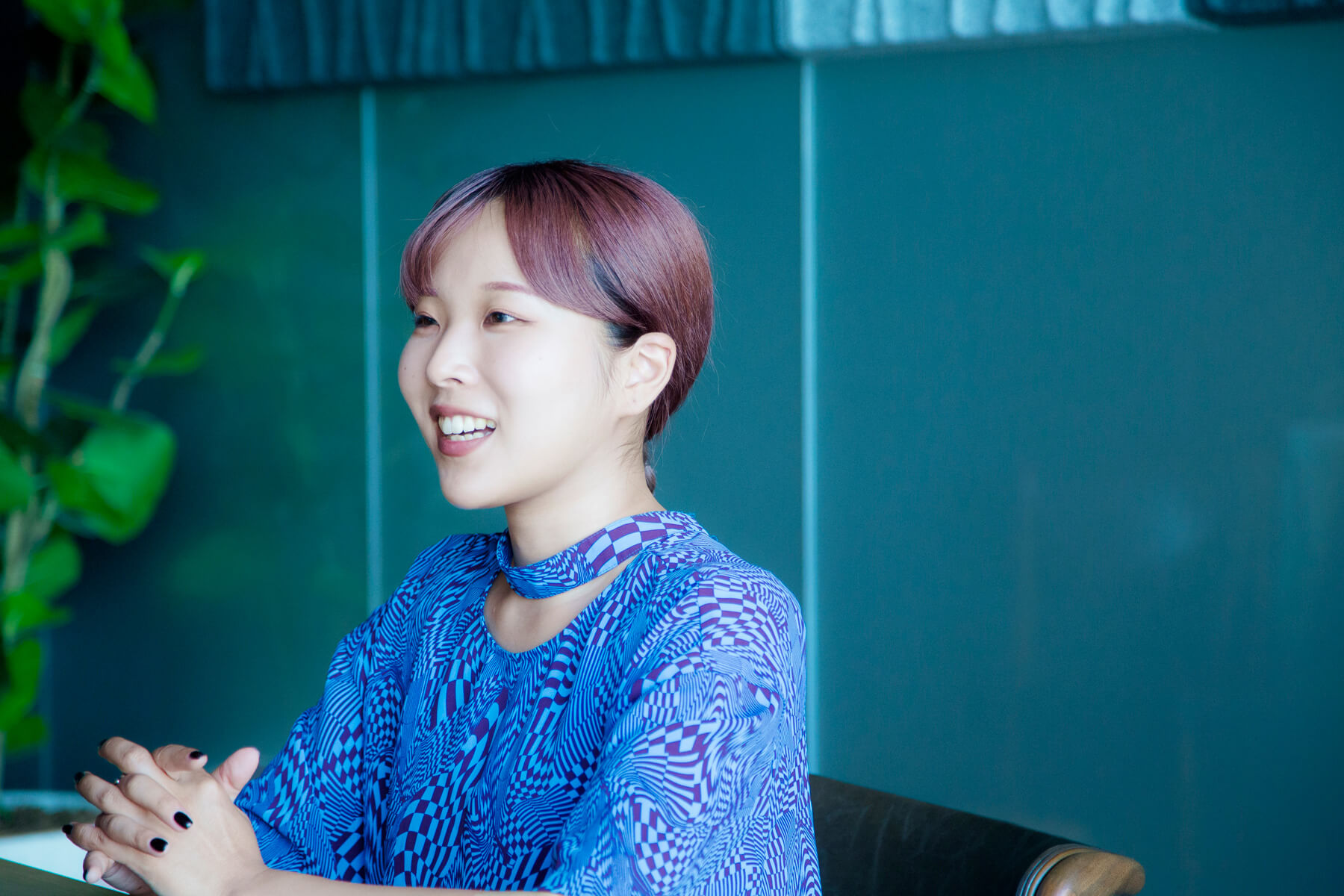
That "person-to-person" approach is very much the way integrated trading and business investment company employees operate.
Yes, that's true. In addition, I think my ability to understand the interests of diverse stakeholders was also valuable. At Young Lions Competitions, it's important not only to demonstrate creativity and technical feasibility but also to convincingly show the benefits to all parties involved. In that sense, I feel that my practical experience in the media industry enabled me to propose ideas that were both win-win and highly feasible.
As an aside, while I faced jet lag and some trouble with accommodations on site, hearing stories from colleagues with experience in business trips and being posted overseas helped me handle the situation calmly. It really reinforced for me that integrated trading and business investment company employees excel at "making things work" even in unfamiliar international environments.
What do you see as the significance of developing creativity within an integrated trading and business investment company?
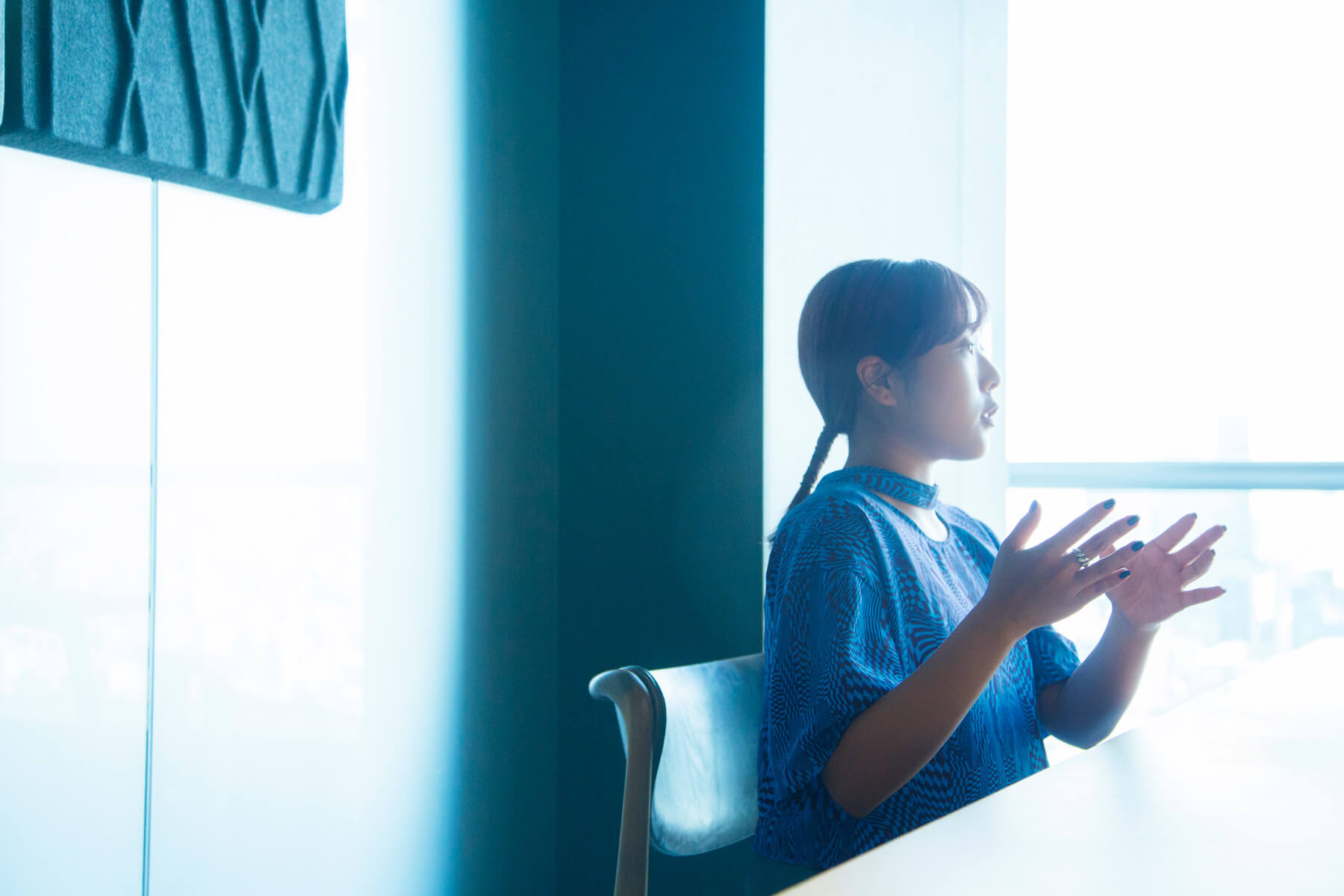
At an integrated trading and business investment company we must always think, "Can this actually be done?" Whether it’s launching something from scratch, building a new scheme or implementing major business improvements, we need the ability to generate ideas, pivot perspectives and quickly come up with multiple options. Many challenges on the ground cannot be solved simply by analysis or operations. It's precisely in these situations that creative thinking comes into play.
Especially in the B2C domain, understanding consumer psychology and customer insights can dramatically influence whether a business succeeds or fails. Even at Cannes, I constantly asked myself, "Will this proposal truly move people?" and "Does it provide benefits to everyone involved?"
"The Will to Challenge" is Already a Talent
What challenges do you want to take on in the future?
Looking ahead, I want to take what I’ve learned from this experience and share it within the company, while also diving into more creative, hands-on work. I'm not yet sure whether that will entail launching new businesses myself or supporting business development with my expertise.
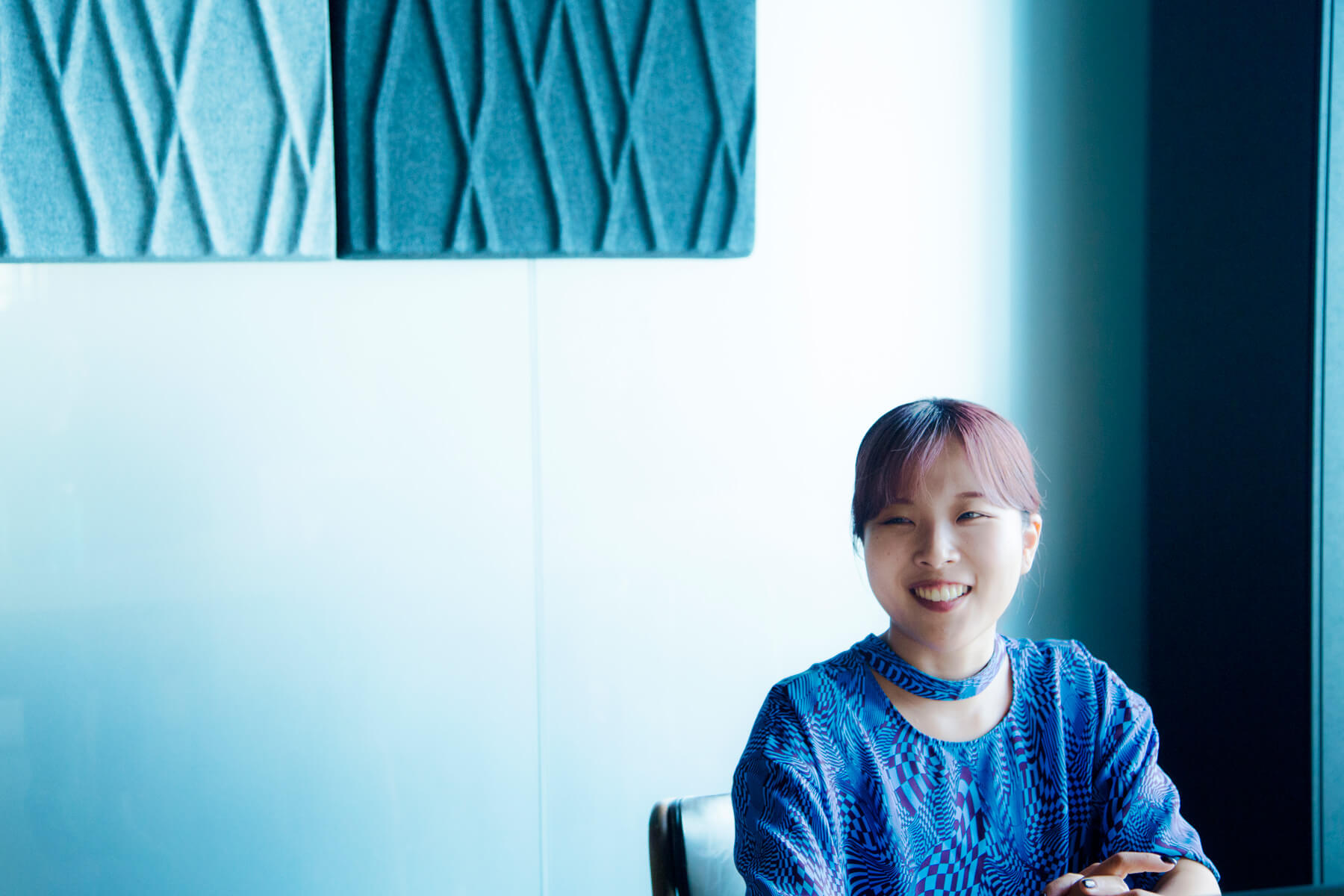
Do you have a message for anyone thinking about tackling a similar challenge?
Challenging yourself directly in terms of skills, responsibilities and decisions can certainly be tough, but it leads to deep learning and invaluable experience. Simply having the courage to try means you already possess a rare talent. And there are more people cheering you on than you think, so take that first step – you will be surprised where it leads!

